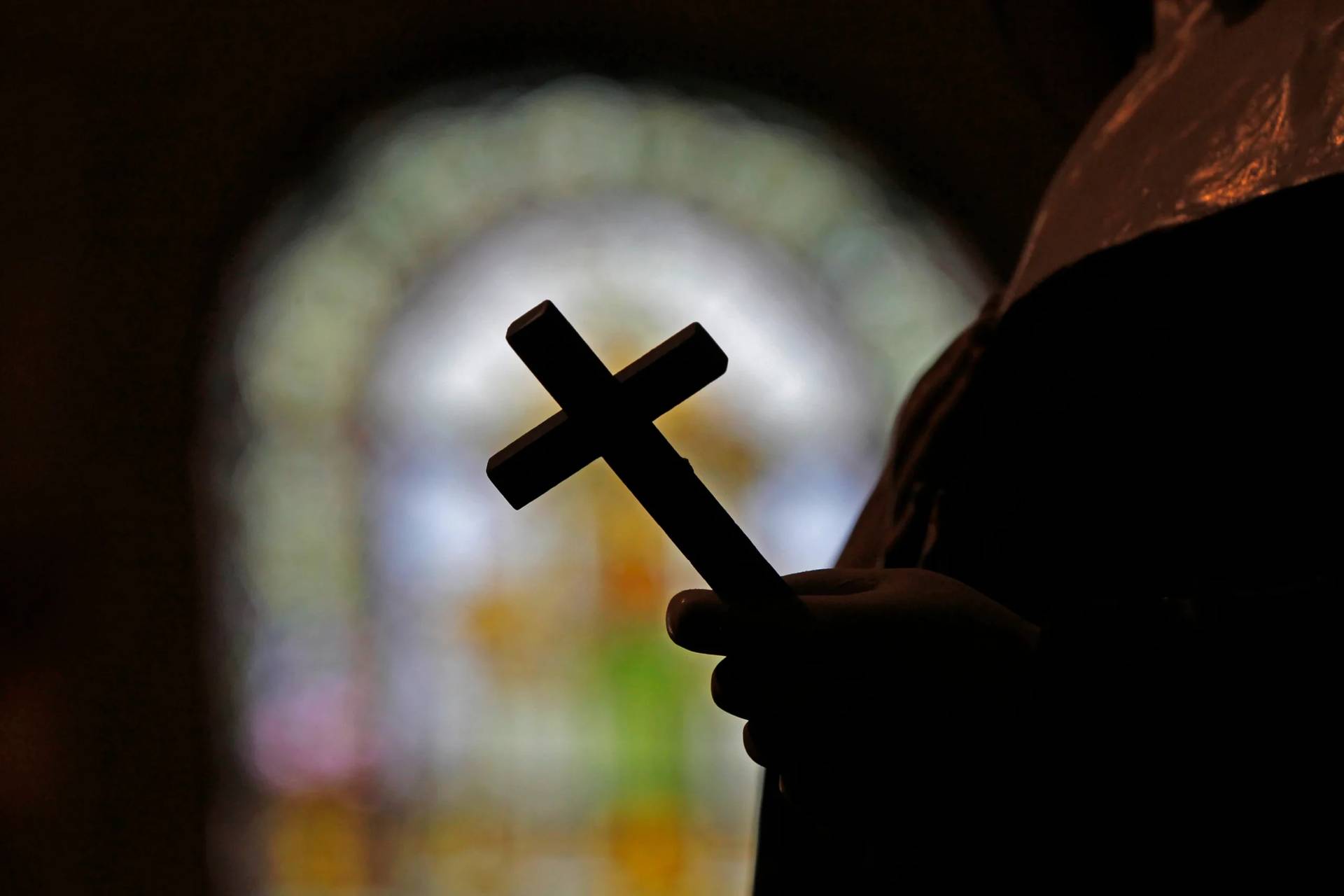JEFFERSON CITY, Missouri – The American cultural situation poses great challenges, but these can be overcome through a missionary renewal following Pope Francis’s proposed “culture of encounter,” said the apostolic nuncio to the U.S.
Archbishop Christophe Pierre spoke October 7 at an event marking the 50th anniversary of the Missouri Catholic Conference.
“Reading the history of the Missouri Catholic Conference, one cannot help but marvel at how the Spirit of God has been at work in you in the defense of Catholic school students, marriage and family life, in protecting the unborn, disabled and vulnerable members of society, and in your genuine concern for the poor and migrants,” he said.
“Today is a day to give thanks to God, but it is also a time to reflect on the future of your journey together.”
The archbishop spoke at the Cathedral of Saint Joseph in Jefferson City, Missouri for the anniversary celebration of the Catholic conference, which handles public policy for the Catholic Church in Missouri.
In his remarks, Pierre cited Francis’s desire for a “synodal Church,” a Church that journeys together on the paths of history “towards the encounter with Christ the Lord.” He said the Catholic conference has been “building up the Kingdom of God by living and acting in a collegial way.”
He also surveyed American cultural changes, drawing on Boston College professor Hosffman Ospino’s keynote at the Convocation of Catholic Leaders held earlier this year.
The roles, expectations and practices of family life have been reconfigured; communal life has been eroded in favor of individualism, including in religious practice and Mass attendance; culture wars have led to “the demonization of those with whom we disagree”; and rising secularization has meant that 25 percent of Americans and about half of baptized Catholics under age 30 identify as having no religious affiliation, he noted.
“The challenges are great, but not insurmountable,” said Pierre, drawing on his experience as nuncio to Mexico.
He cited Francis’s apostolic exhortation Evangelii Gaudium as a key to understanding the Church’s missionary dimension.
“If something should rightly disturb us, it is the fact that so many of our brothers and sisters are living without the strength, light and consolation born of friendship with Jesus Christ, without a community of faith to support them, without meaning and a goal in life,” the pope said in his exhortation.
Similarly, Francis told the U.S. bishops in a November 2016 video message: “Our great challenge is to create a culture of encounter, which encourages individuals and groups to share the richness of our traditions and experiences, to break down walls and to build bridges.”
Pierre added: “If we are to propose God’s Word to the World, and the Holy Father reminds us that ‘no one is to be excluded from the joy brought by the Lord,’ then we must do so positively – with the joyful ‘Yes’ of our whole life! This is exactly what the Blessed Virgin Mary, the model missionary disciple, did with her life.”
The nuncio drew on the Feast of Our Lady of the Rosary and its roots in the victory of Christian forces at the Battle of Lepanto despite being outnumbered and outgunned by an Ottoman fleet.
Pierre said reflection on the Joyful Mysteries of the Rosary might help the faithful better understand the Church’s mission and help the Catholic conference better reflect on how the Gospel might have “a greater impact on the life and structures of individuals, the Church, and the world in a rapidly changing environment, marked by secularization, individualism, and isolation.
“We learn from Mary that we find true joy in obedience to God’s Word – according to His plan and in His time. As disciples, at times, we want our vocation on our terms. Mary teaches us that everything must be surrendered to God. This lesson – which really involves our conversion – is best learned in silence and contemplation.”
Mary showed active engagement in the world, and could not keep her joy to herself.
The Nativity of Christ, because it was witnessed by people on the peripheries, such as shepherds, showed that the encounter with Christ at the peripheries opens new horizons. It prompts one to ask how Christ is present at the margins, like in prisons and jails or on death row.
Pierre praised the Missouri Catholic Conference’s work combating the “throwaway culture” and its creation of communities and conditions “in which every life and all of creation is valued.” The nuncio also stressed the importance of work on migration, work that promotes the common good, and the preferential option for the poor that is not merely social activism but “loving attentiveness.”
“The Church must go forth to meet people unafraid of encountering those families facing difficulty,” he said.
Francis expressed “cordial greetings and good wishes” to those gathered, according to a message from Cardinal Pietro Parolin, Vatican Secretary of State. The cardinal conveyed the pope’s apostolic blessing “as a pledge of joy and peace in the Lord.”
“His Holiness prays that this anniversary will be the occasion not only of gratitude for the blessings and accomplishments of the past half century, but also of a renewed effort to favor the pastoral effectiveness of the Church’s mission in the State of Missouri amid the challenges and the opportunities of the present time,” Parolin said in a message read by Pierre.















